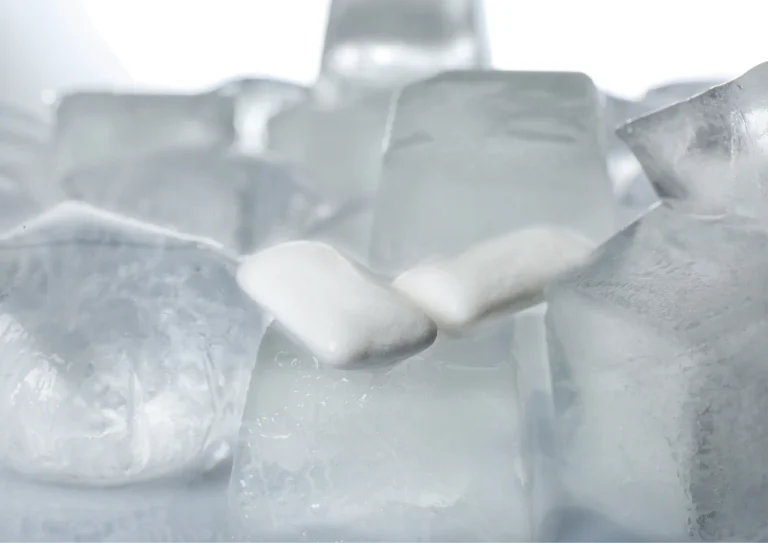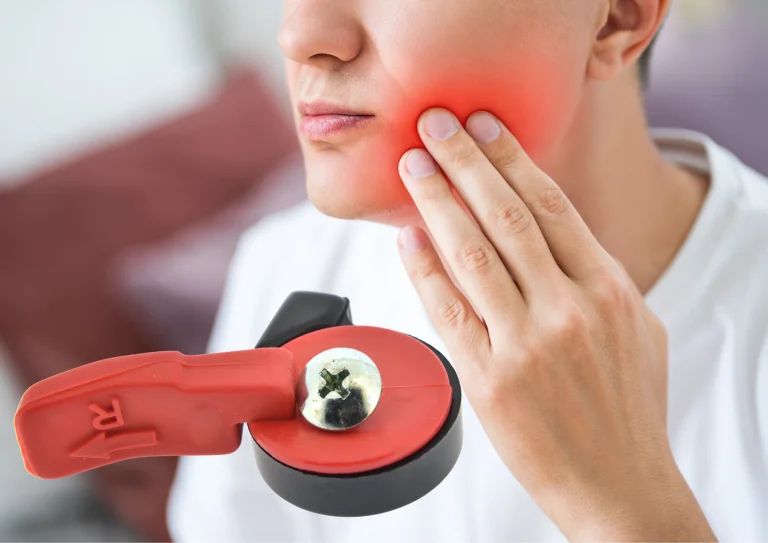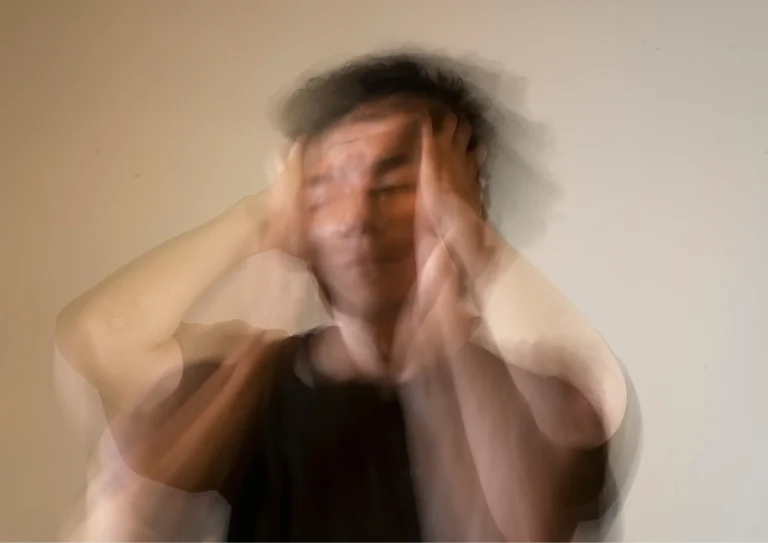Does a Black Spot on Your Tooth Always Mean Decay?
Understanding what tooth discoloration really means
Noticing a black spot on your tooth can be alarming, but it doesn’t always indicate decay. Our Cardiff dental team explains the various causes of tooth discoloration and when you should seek professional evaluation.
Possible Causes of Black Spots
Tooth Decay
The most common concern – early decay appears as white spots that darken as enamel breaks down.
Staining
Coffee, tea, red wine or tobacco can cause dark surface stains that mimic decay.
How Dentists Diagnose Black Spots
Visual Examination
Checking texture and location of the spot
Dental Probe
Testing if spot is soft (decay) or hard (stain)
X-rays
Revealing decay between teeth or under fillings
When to Seek Emergency Care
Black spots require prompt attention if accompanied by:
- Tooth pain or sensitivity
- Visible holes or pits in the tooth
- Swelling in gums near the spot
- Bad taste or odor from the area
Treatment Options
Fillings
Professional Cleaning
Crowns
Root Canal
Frequently Asked Questions
Can black spots go away on their own?
Decay won’t reverse without treatment, but stains may improve with professional cleaning and better oral hygiene.
Are black spots between teeth always cavities?
Not always – they could be stains from food/drink, but interproximal decay is common in these areas and requires evaluation.
Concerned About Tooth Discoloration?
Our Cardiff dentists can accurately diagnose black spots and recommend appropriate treatment.
Book an Examination





